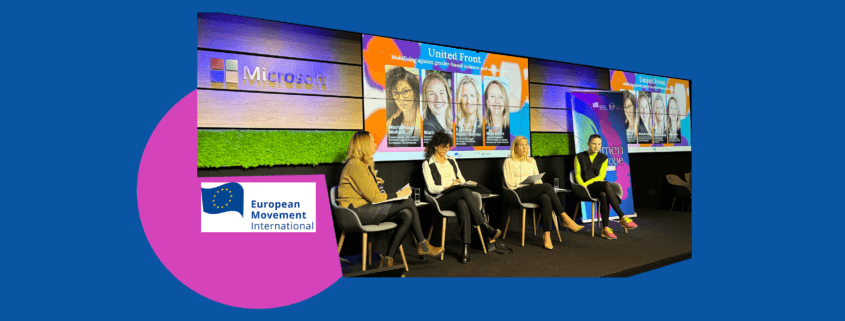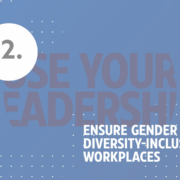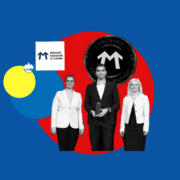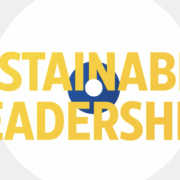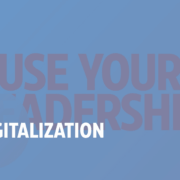Microsoft Hosts Key Conference: From Equal Pay to Abusive AI-generated content
“We are detecting an increasing number of women in leadership roles who are stepping back or thinking twice before maintaining an online presence,” said Maria Koomen, Program Director at the International Centre for Future Generations, a couple of days ago. CEC European Managers finds this worrying.
On November 21, the Microsoft Headquarters in Brussels hosted an event that underscored the urgency of addressing gender-based violence and online abuse. Titled “UNITED FRONT: Mobilising Against Gender-Based Violence and Online Abuse,“ the event was organised by European Movement International and brought together influential voices signaling the growing commitment of managers and leaders to advance gender equality.
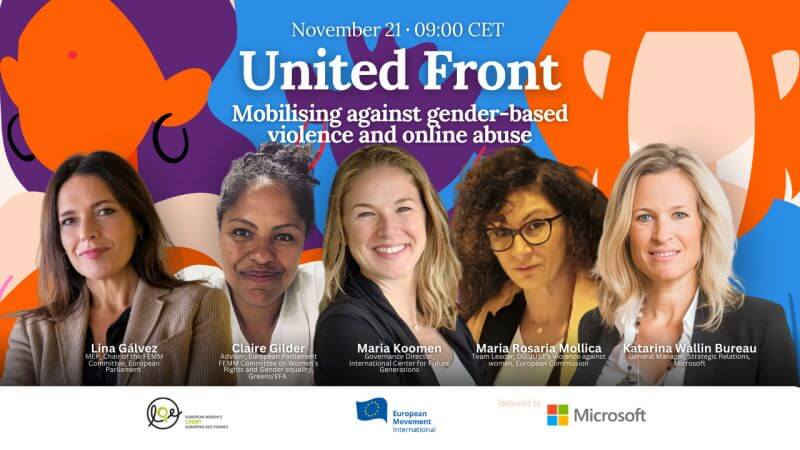
As an engaged member of the European Movement International, CEC attended the interesting event, as we also stand for democracy, freedom, solidarity, unity, and equality.
The conference featured thought-provoking discussions from prominent panelists, reflecting on the challenges and opportunities in fostering a safer, more equitable society.
Maria Rosaria Mollica, Policy Officer at the European Commission’s DG Justice, laid out the achievements and ongoing efforts made by the EU institutions. She emphasized that progress had been made but insisted on the need for continued vigilance.
“The first Von der Leyen Commission delivered significant reforms, such as the new rules on pay transparency—equal pay for equal work,” Mollica remarked. “These are important building blocks to improve women’s lives and rights in the labour market.”
Mollica discussed the Rule of Consent, which defines rape as any sexual activity lacking consent. Despite its importance, this approach and legal framework has not yet been fully implemented across all Member States.
“We must reinforce criminal law and its capacity to prosecute offenders in all Member States,” she urged, adding, “In the coming three years, the EU Commission will organise workshops with national authorities, stakeholders, and decision-makers to ensure proper implementation.”
In that regard, panelists explained that the Istanbul Convention—the Council of Europe Convention on preventing and combating violence against women and domestic violence has yet to be approved by five EU member States. However, it is now legally binding in the Union, as the European Commission, Parliament, and Council have endorsed it, and Member States must transpose the legislation derived from the declaration to their national legal frameworks.
Mollica also highlighted the potential of AI regulation to combat abusive content, noting, “We are working on the Directive for Abusive AI-generated content.”
This is precisely one of the reasons why the event was being hosted at Microsoft, as the company has been working on several processes and recommendations regarding Artificial Intelligence.
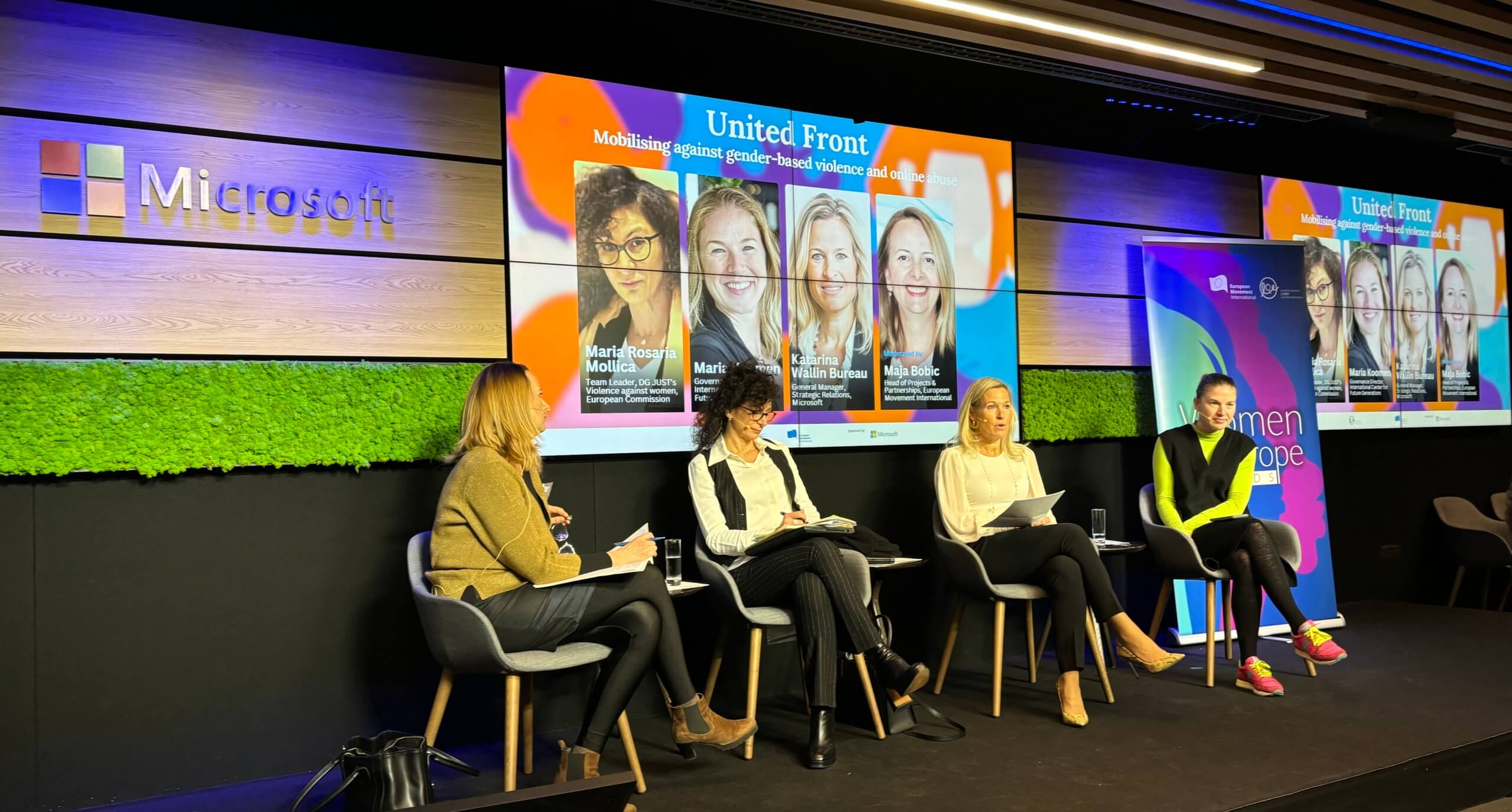
Katarina Wallin Bureau, from Microsoft, underscored the disproportionate abuse women leaders face online, framing it as a critical issue in the digital era.
“The amount of online abuse and threats for women leaders is disproportionate compared to that of men,” she stated. “Microsoft is thankful for the EU’s regulatory framework, which is much more robust than that of the US.”
Wallin Bureau highlighted Microsoft‘s role in advancing gender equality through technology, partnerships, and regulatory advocacy and highlighted some worrying data regarding Artificial Intelligence. and the so-called deep fakes.
96% of deep fakes are pornographic, and 95% of these deep fakes portray women.
Katarina Wallin Bureau
Strategic Relations at Microsoft European Government Affairs
Bridging the Gaps
Maria Koomen addressed the persistence of the gender pay gap and the challenges of combating online gender violence.
“The Digital Services Act is a crucial tool for online safety, but removing content is only part of the battle,” she explained, highlighting the need for more interdisciplinary data, legal frameworks, education, and victim support.
Koomen also spoke about the societal implications of gender-based violence, including the pressures on women leaders:
“We are detecting an increasing number of women in leadership roles who are stepping back or thinking twice before maintaining an online presence.”
Maria Koomen
Program Director at the International Centre for Future Generations
She advocated empowering women leaders and dismantling harmful stereotypes to foster a more inclusive public discourse.
A Shared (and Safe) Future
The event concluded with a robust Q&A session, addressing questions about victim support, double victimization, and gender inequality. Panelists agreed that eliminating gender-based violence requires a multifaceted approach, including better legal frameworks, education, and societal change.
CEC European Managers‘ participation at the event was meaningful because it showcased leaders and managers‘ recognition that gender equality is not just a moral imperative but also essential for a thriving workplace and society.
As Maria Rosaria Mollica aptly said, “Thanks to a very ambitious agenda, we have made big steps. But our work is not over.”
With ongoing efforts from both public and private sectors, the vision of a world free from gender-based violence and online abuse remains within reach.
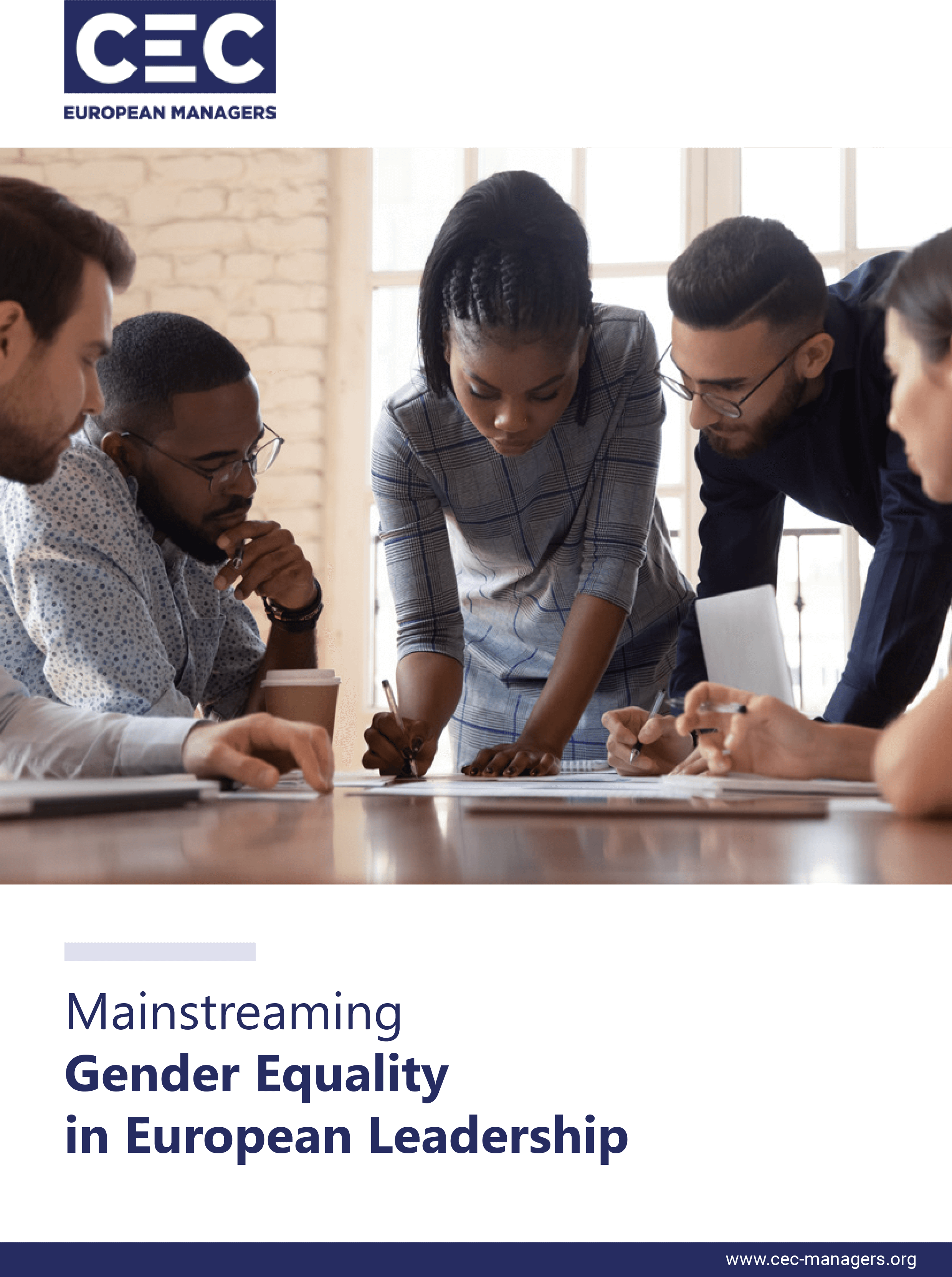
Position Paper: CEC European Managers – Gender Equality
CEC European Managers‘ Working Group on Gender Equality is working extensively on the issue of women in leadership. Our position paper, Mainstreaming Gender Equality in European Leadership, is precisely setting the scene for female leadership to thrive.

